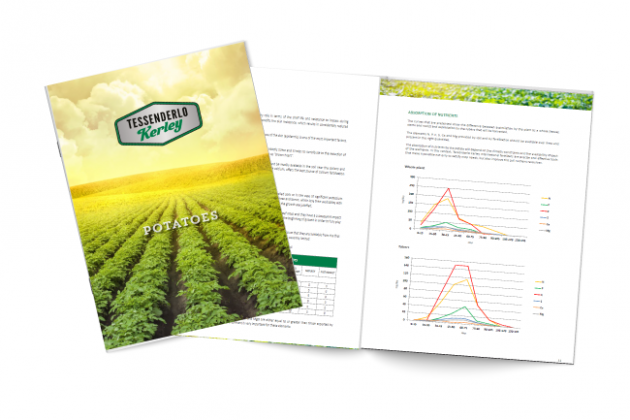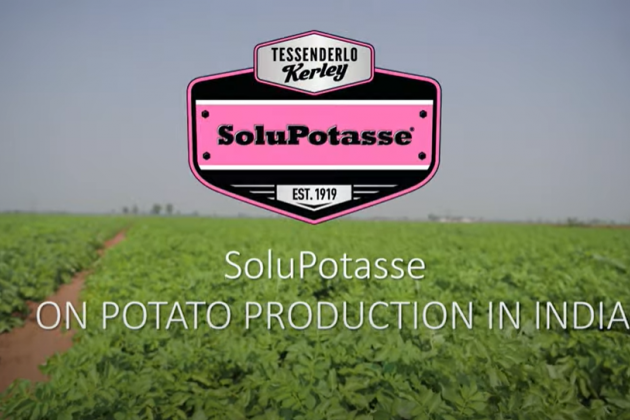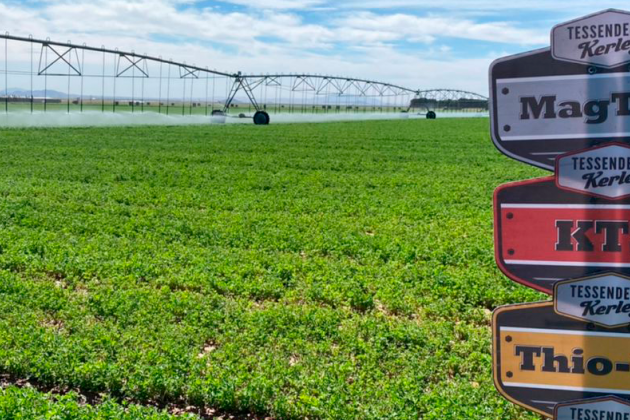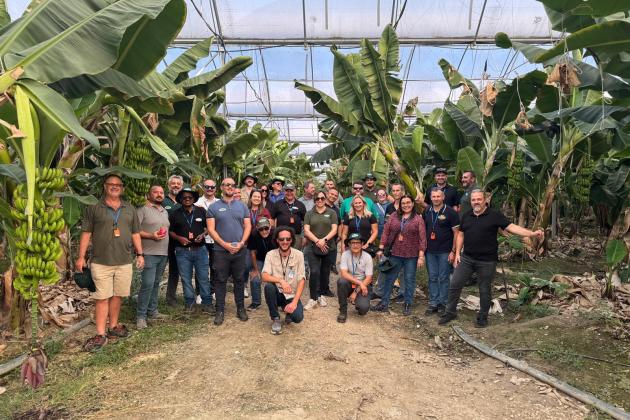
Potatoes
The potato (Solanum tuberosum) is an annual herbaceous plant from the Solanaceae family which produces tubers that are rich in starch. Potatoes are primarily used for human and animal nutrition as well as the production of starch for industrial applications.
Potato production is concentrated in the northern hemisphere, particularly in Asia, which represents one-half of the world’s acreage and potato production. Meanwhile, Europe produces 30% of the world’s potatoes. Surprisingly, Latin America, which is where the potato originated, nowadays accounts for just 5% of total production.
A good fertilization program for potatoes must satisfy the nutritional needs of the crop throughout the growing season, including during periods of rapid growth.
Ensuring a balanced fertilization helps in terms of realizing better quality production as an under-supply of nitrogen (N) will reduce the weight of the tubers, whereas an excess of nitrogen will deform them. A lack of phosphorus (P) limits tuber reproduction and consequently reduces the number of tubers. Finally, potassium (K) is very important for potatoes. It is required in greater quantities than all the other elements. Fertilization programs will differ depending on the use of the crop.
-

Download the detailed Potatoes guide:
Explore more about our Field trial on potatoes in Germany
More news on potatoes -

Indian farmers confirm the positive impact of SoluPotasse®
Watch the video here -

Our broad spectrum of solutions can assist all farmers regardless of crop type, soil type, water usage levels or climatic conditions.
Discover our range of products
Get the answers you need to product information, field trial results, blend testing, application tips and more. Find and contact your local expert in your region
Contact us

